Transaction data will be more important than the transaction itself
This principle is not a new one. Sometimes it is talked about in a different manner, but let's consider how long data has been harped on about as the ‘next big thing’. It goes as far back as 2006 when Clive Humby shouted from that rooftop “Data is the new oil”.
So we shouldnt be surprised that we have moved on from the Clubcard to our everyday financial services. But, let's stick with the Clubcard for a moment... Its original purpose was to understand consumer spending. How best do they ensure that they understand footfall in shops, which items are most popular and why - track it of course. Today, it has become such a large data set, they can increasingly incentivise you to spend with it. If you go into Tesco these days and don’t have one, be prepared to spend more - a meaningful amount at that. This comes from the data around the transaction and not the transaction itself.
Transaction data is time sensitive. It comes with a date stamp, yes, but it also has a lifetime value. A great personal example of this was with my Amazon account and the birth of my second child. As soon as they realised I was starting to view various baby items we would eventually never use, they started to build a picture of my life. They knew what life events were coming and were able to serve me much more relevant suggestions, rather a lot of which we ended up buying.
The value for Amazon is not the initial set of nappies/ wipes that I bought for our son, but the large amount of information they now have about me to try and sell me more targeted items. Not just me of course. Anyone else linked to my account. Based on my household doing their best to keep prime running on its own, I think we can hazard a guess how that has gone.
I am sure we can all agree a more personalised digital experience is preferential - we certainly all talk about it enough in this industry. But honestly, as a consumer, I am not sure what that meant for me materially until recently. I think it was only 3 or 4 years ago I started being selective with what cookies I provided everyone, let alone appreciate the value I was giving away.
If we think about this more broadly, we have recently all been on a transition to digitalisation. Pre-Covid we talked about the 76% of Gen Z already using mobile banking, but this has now transcended all age groups. Further forced by the retrenchment of the high street, (including the banks themselves) we as consumers have no option but to digitise.
For me this is where the infrastructure starts to really matter. Let's think about the waterfall effect for a second (note: in the below list, one bullet point leads to the next one):
- Customers digitise
- Banks and merchants react
- They overlay a new UI
- Underlying functionality doesn't change
- Customers get frustrated
- Friction causes customers to elsewhere
Fintech was designed to solve this. But did it? Or is much of it still built on the same foundations as before, just with a different facade?
We built Tribe because we felt the system was broken. A house is only as good as the foundations it is built on. The foundations have not changed for 10 years.
Yes we can all talk about APIs and real-time transaction feeds. But we all have those.
A smart lady once gave me an analogy about building a ‘smart pipe’. For years I have tried to find something more glamorous than a pipe but here we are. She is damn right though. Technology companies should not be dumb pipes. They should be smart, a nucleus of value and service in fact.
We talk about this a lot in Tribe. How do we ensure we maintain this focus on delivering value beyond an auth or capture. Beyond stability, security and all the fun things that we expect. My view is that it comes from data.
Hyper personalisation by definition is a custom and targeted experience. Proactive vs reactive. Gone are the days we are trying to sell someone an extra chocolate bar at the checkout queue. We need to anticipate customer needs and desires based on past and existing ones. Consumers expect it.
So we now as an infrastructure provider need to ensure that we are enabling that anticipation. That is through analytics and insight as well as delivering more individual data sets to Tribe customers than ever before.



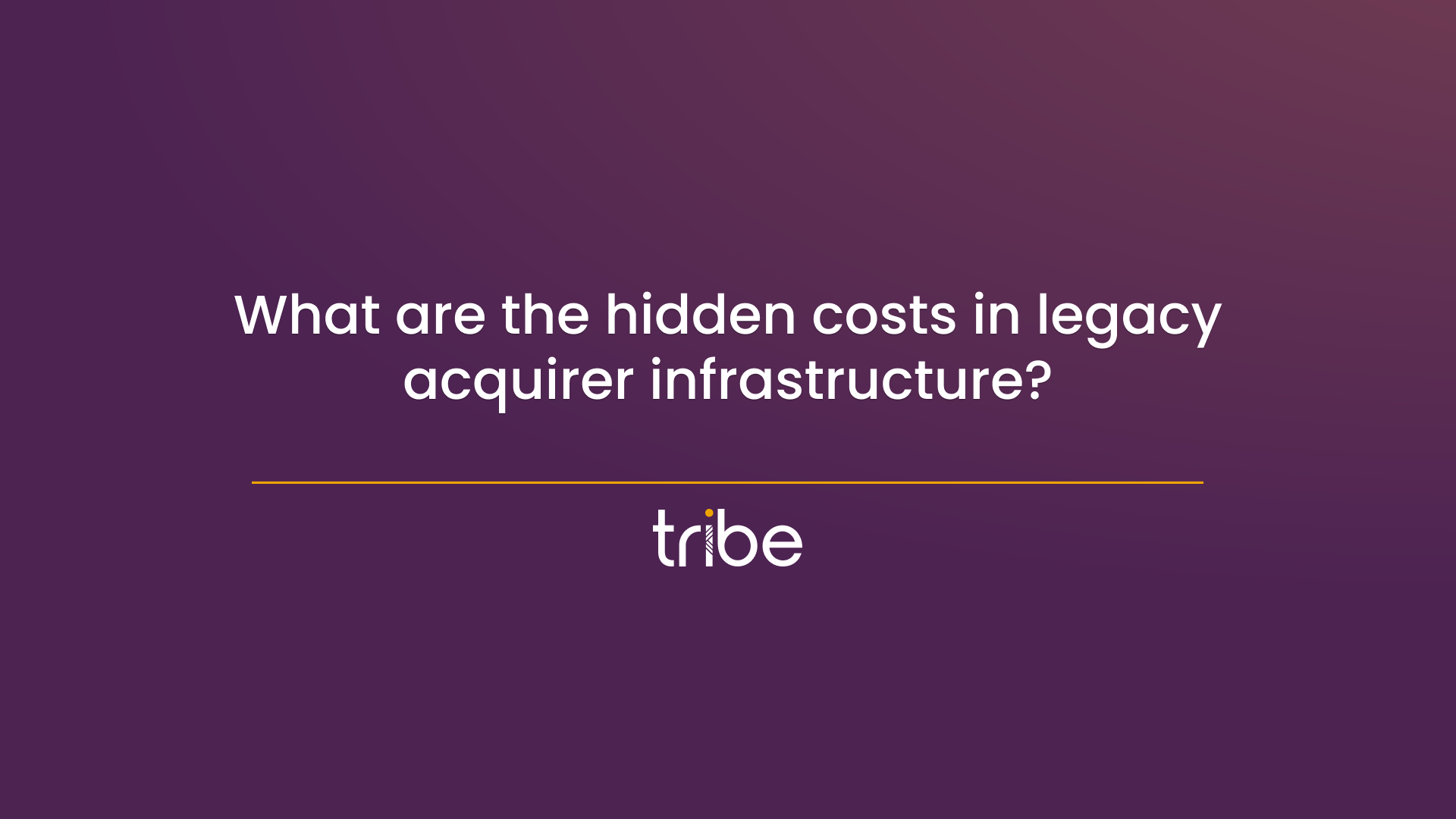
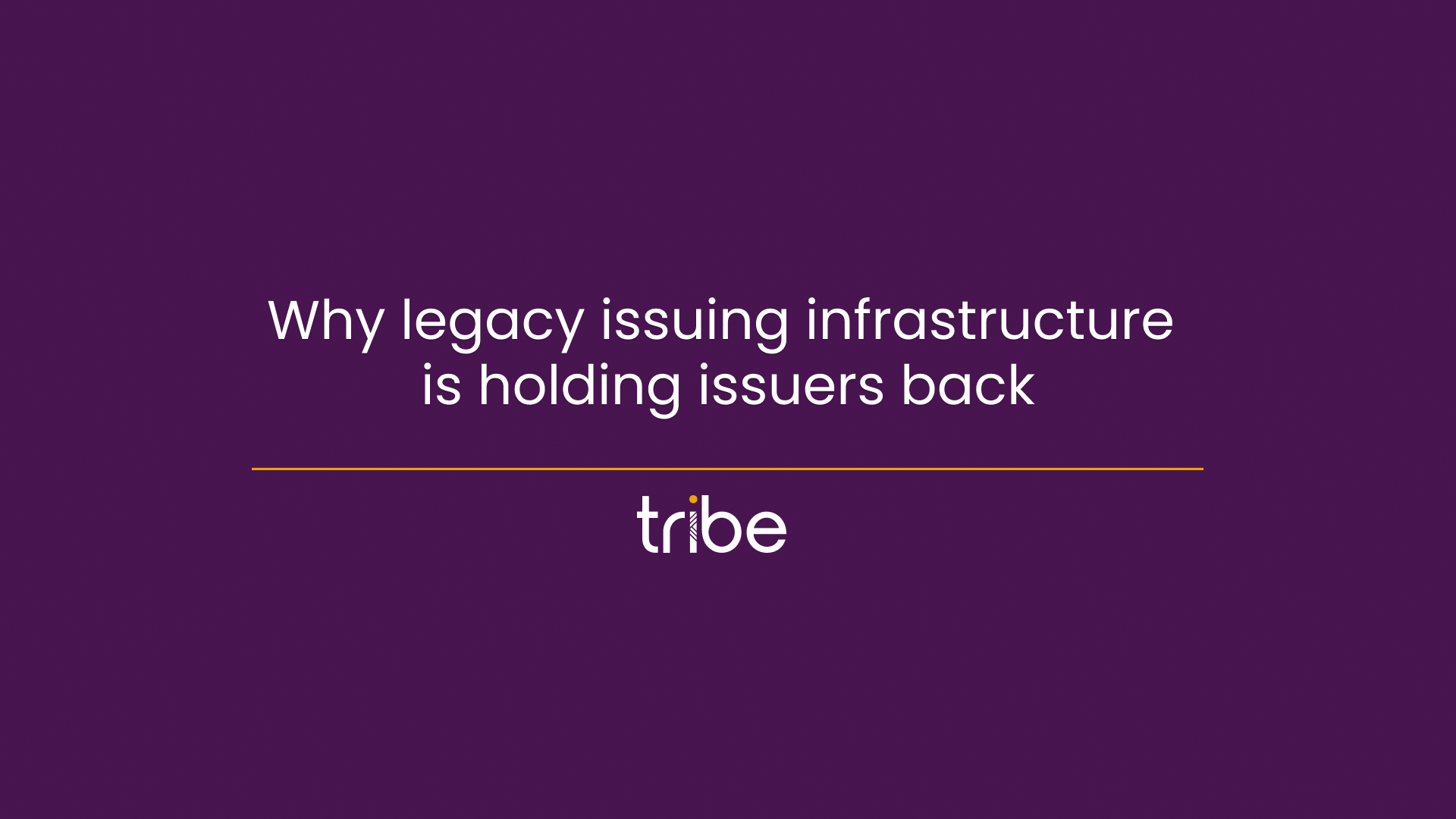
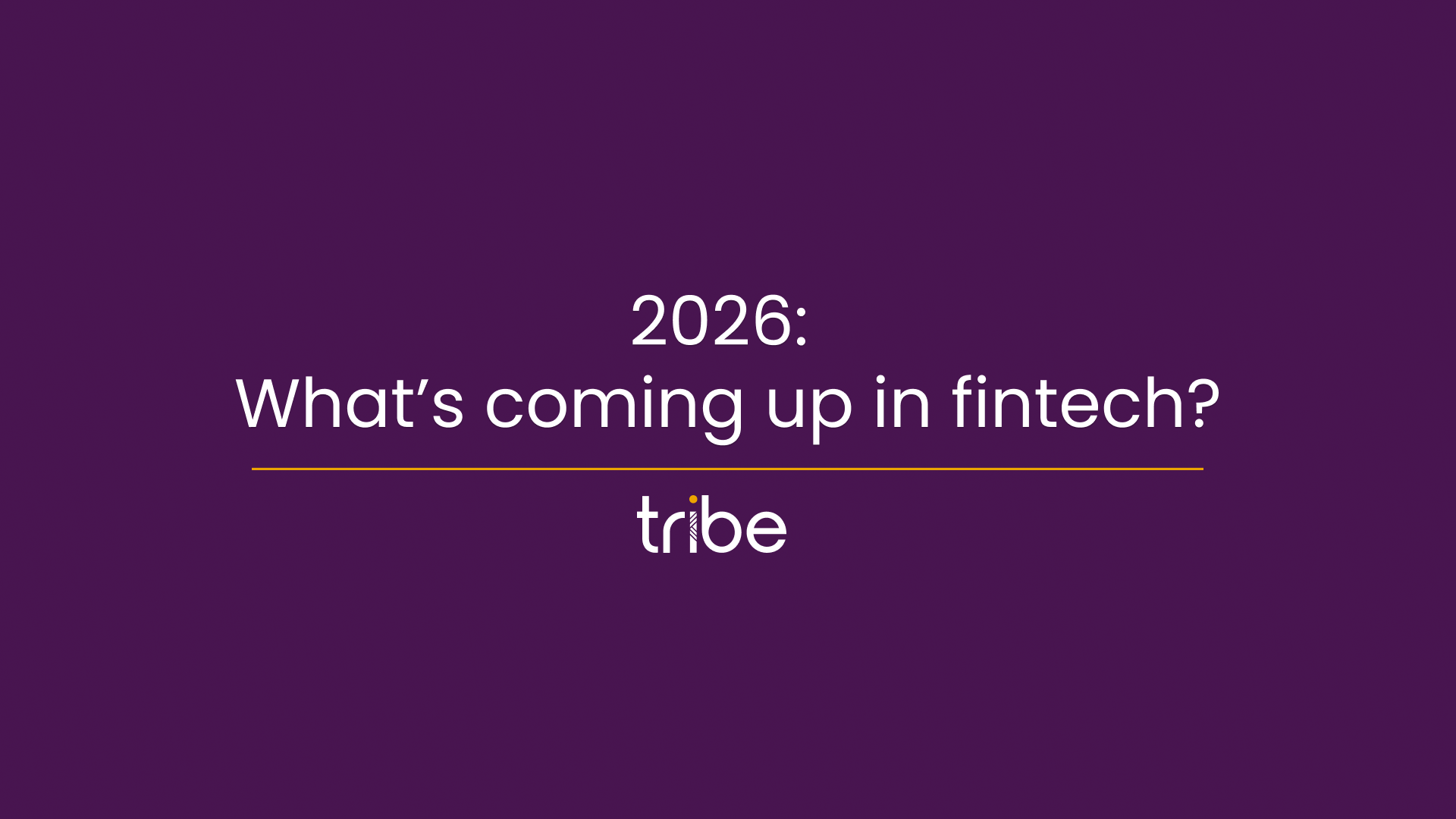
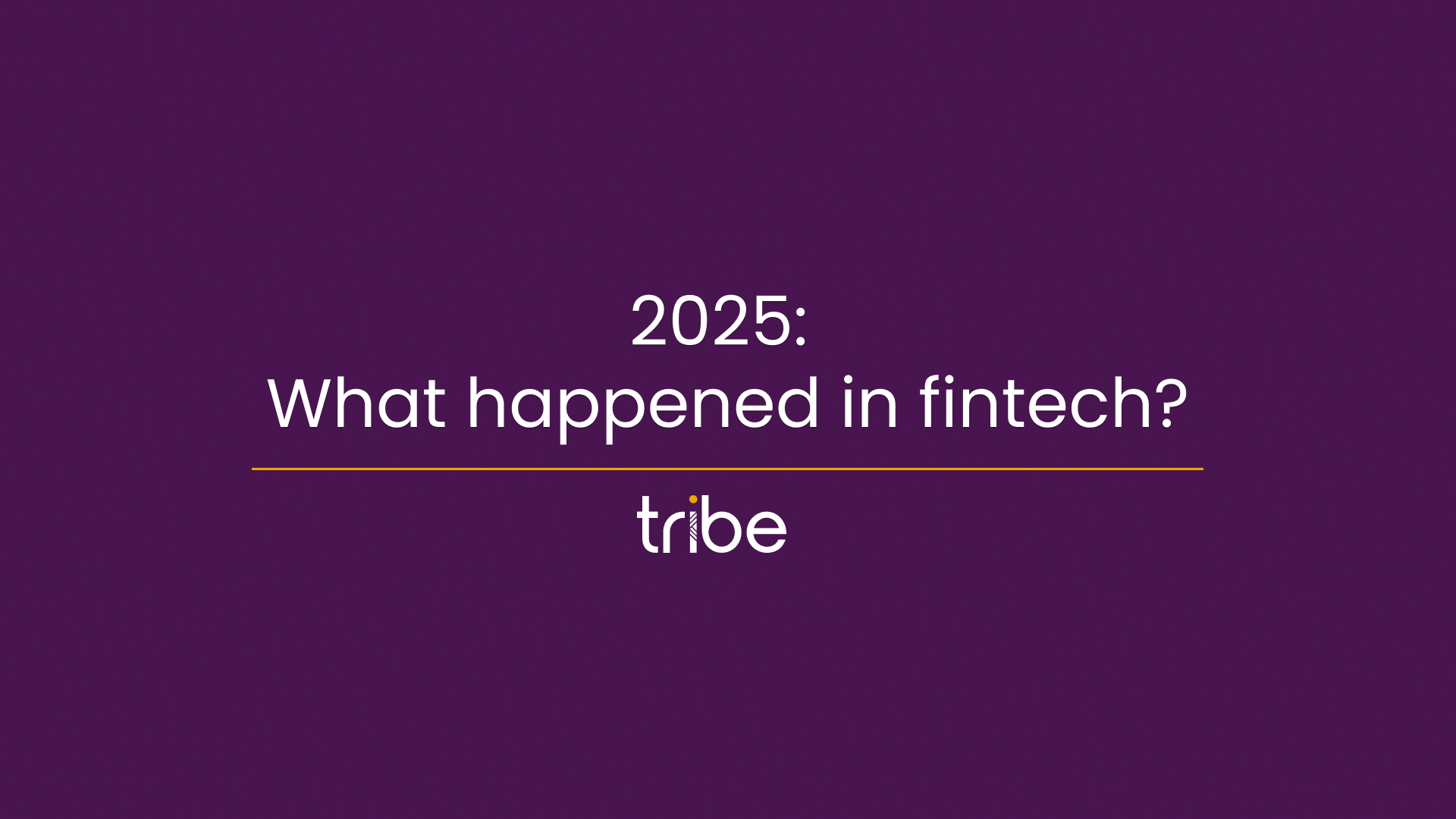
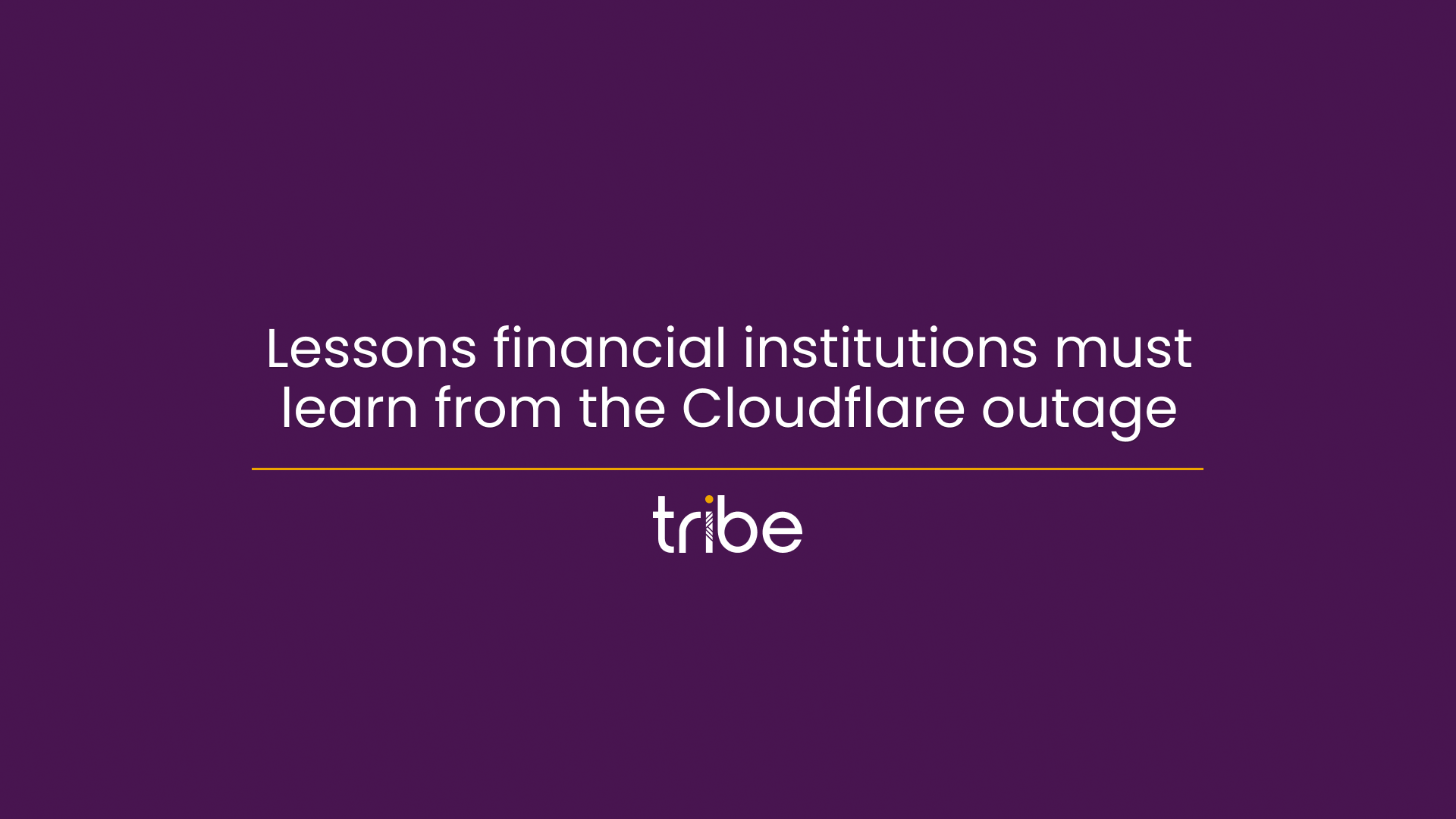
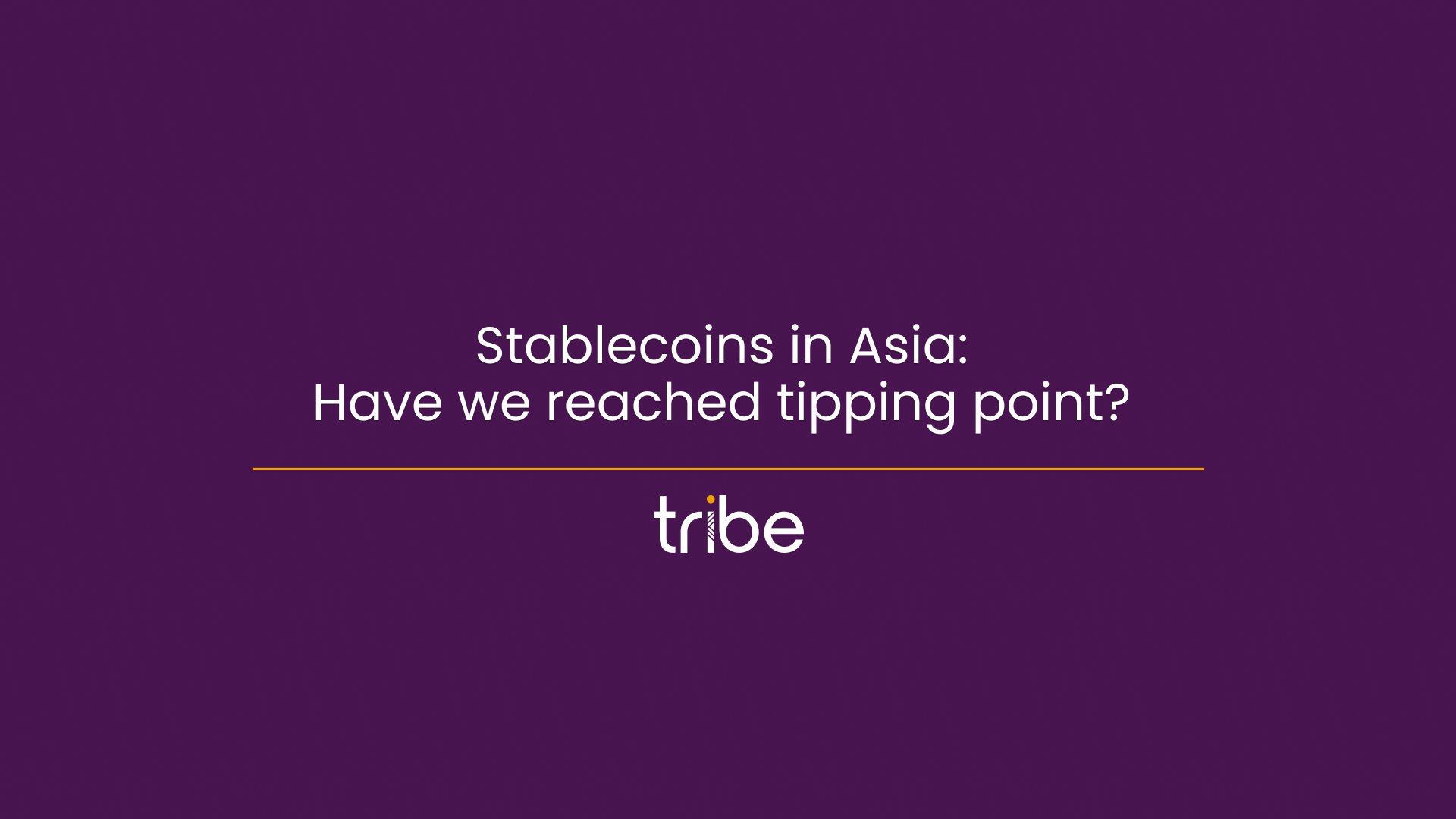



.png?width=137&height=90&name=Payments%20Awards%20(1).png)


.png)